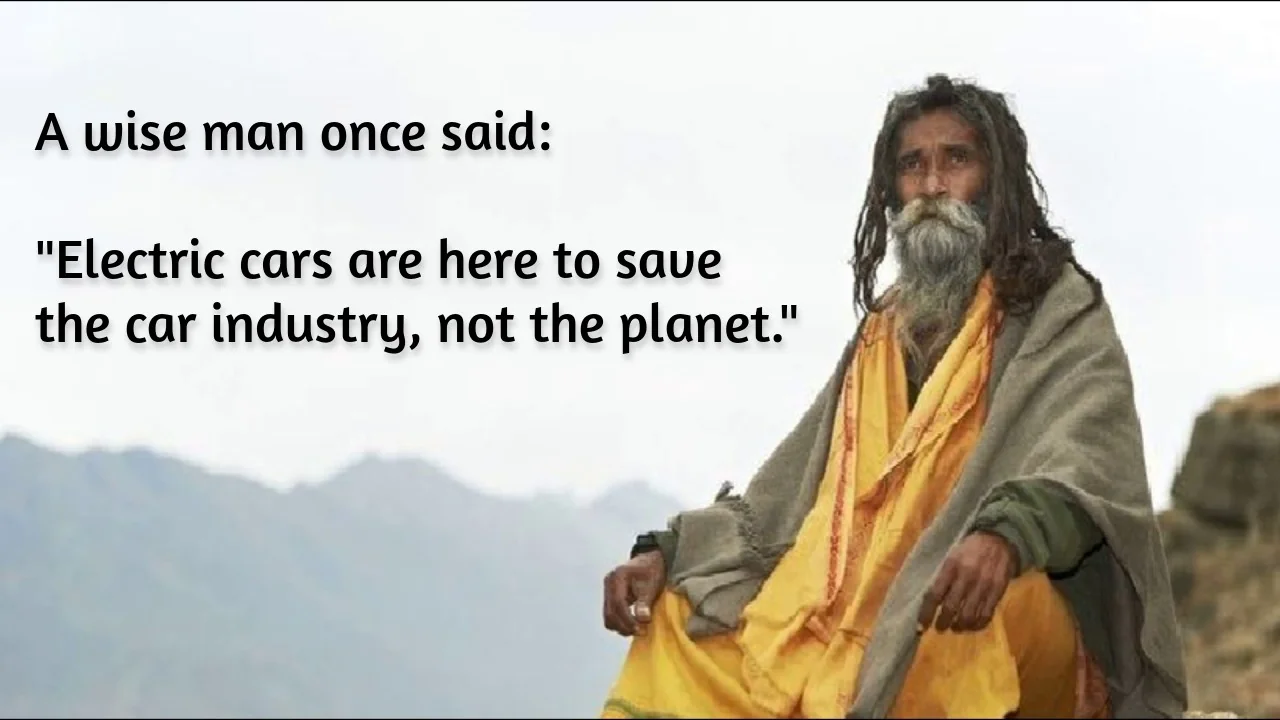Fuck Cars
A place to discuss problems of car centric infrastructure or how it hurts us all. Let's explore the bad world of Cars!
Rules
1. Be Civil
You may not agree on ideas, but please do not be needlessly rude or insulting to other people in this community.
2. No hate speech
Don't discriminate or disparage people on the basis of sex, gender, race, ethnicity, nationality, religion, or sexuality.
3. Don't harass people
Don't follow people you disagree with into multiple threads or into PMs to insult, disparage, or otherwise attack them. And certainly don't doxx any non-public figures.
4. Stay on topic
This community is about cars, their externalities in society, car-dependency, and solutions to these.
5. No reposts
Do not repost content that has already been posted in this community.
Moderator discretion will be used to judge reports with regard to the above rules.
Posting Guidelines
In the absence of a flair system on lemmy yet, let’s try to make it easier to scan through posts by type in here by using tags:
- [meta] for discussions/suggestions about this community itself
- [article] for news articles
- [blog] for any blog-style content
- [video] for video resources
- [academic] for academic studies and sources
- [discussion] for text post questions, rants, and/or discussions
- [meme] for memes
- [image] for any non-meme images
- [misc] for anything that doesn’t fall cleanly into any of the other categories
Recommended communities:
view the rest of the comments

What they did before cars were ubiquitous was "whistle stops" the train would whistle outside of town to indicate it was coming, and would stop for anybody at the platform otherwise it would continue on without stopping, much like how most buses operate today.
Smaller interurban lines also operated "flag stops" where it would stop when flagged down by a passenger otherwise it would keep going
With EMUs (electric multiple units) and modern signalling service could be brought to small towns fairly cheaply. Most small towns in the US are about 20 miles apart, so hourly service at ~50MPH could easily be provided with a single track mainline and passing sidings only at stations by having one train in each direction every 30 minutes.
The problem is so much money is invested in road infrastructure that investing a similar amount into an equally extensive rail network is simply unfathomable
I get this. I live in Italy and we have a very complicated web of roads here with many small villages very close to each other. I’d love this though and also I’d like not to own a car. We are much less car focused here compared to America so might be easier or more complicated, not sure